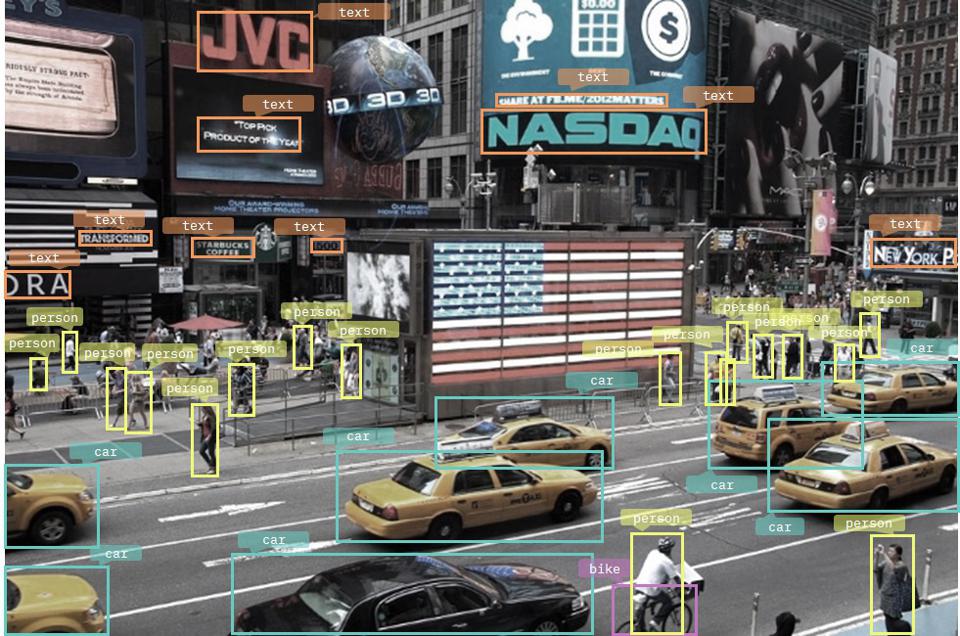Tag Archive for: Startups
The start-ups trying to kill the password
/in Computer Security
The start-up that attracted the largest investment in the history of cyber security, of more than half a billion dollars, has a simple mission: it wants to kill the password.
With the average person now having to remember between 70 and 80 passwords, Boston-based Transmit Security believes there is a better way of logging in to websites and applications, given the ubiquity of smartphones and computers with facial recognition or fingerprint reading technology.
“That is what has changed in the market that just was not true a year ago, two years ago,” said Rakesh Loonkar, president and co-founder of Transmit, which raised $543m from investors in June.
The need to replace the easily forgotten and highly hackable strings of letters and numbers that we use to access everyday life has become even more urgent with the shift to remote working, and a surge in password-related hacks, such as the freezing of the Colonial Pipeline that caused fuel shortages across America’s East Coast earlier this year.
Biometrics are really [helping us] move to a passwordless future in a rapid manner. There’s a lot of innovation
Last year the World Economic Forum seized on the pandemic to call for a “passwordless future”, arguing that it “vastly improves a company’s security by reducing the overall attack surface and eliminating compromised credential risk”.
As a result, the race to replace the password is under way, with biometric-based security emerging as one of the most sought-after solutions.
“I think that the vast majority of consumer services will offer passwordless login systems in the next couple of years,” said Andrew Shikiar, executive of the Fast Identity Online alliance, or Fido, a coalition of more than 250 companies including Google and Microsoft, which promotes a standard system of passwordless authentication.
“If done correctly and safely in a compliant manner, biometrics are really [helping us] move to a passwordless future in a rapid manner. There’s a lot of innovation . . . and a lot of investment in the space.”
‘12345’
Despite the spread of password management software that can generate and…
A Wave Of Billion-Dollar Computer Vision Startups Is Coming
/in Computer Security

The ability to automate human sight is opening up massive opportunities for value creation across … [+] every sector of the economy.
Computer vision is the most technologically mature field in modern artificial intelligence. This is about to translate into enormous commercial value creation.
The deep learning revolution has its roots in computer vision. At the now-historic 2012 ImageNet competition, Geoff Hinton and team debuted a neural network—a novel architecture at the time—whose performance eclipsed all previous efforts at computer-based image recognition. The era of deep learning was born, with computer vision as its original use case. In the decade since, computer vision capabilities have raced forward at a breathtaking pace.
To put it simply, computer vision is the automation of human sight. Sight is mankind’s most important sense; it underlies much of human life and economic activity. The ability to automate it therefore opens up massive market opportunities across every sector of the economy.
(To be sure, other areas of AI—natural language processing, for instance—have also become increasingly powerful in recent years. But core technology breakthroughs in NLP have come more recently, and as a result NLP remains more nascent from a product and commercial perspective.)
The first wave of entrepreneurial activity in modern computer vision centered on autonomous vehicles. Several startup success stories in that field, including computer vision pioneer Mobileye’s $15.3 billion sale to Intel in 2018, highlight the technology’s power to transform markets and unlock massive economic value.
Today, computer vision is finding applications across every sector of the economy. From agriculture to retail, from insurance to construction, entrepreneurs are applying computer vision to a wide range of industry-specific use cases with compelling economic upside.
Expect to see many computer vision startups among the next generation of “unicorns.” A crop of high-growth computer vision companies is nearing an inflection point, poised to break out to commercial scale and mainstream prominence. It is an exciting and pivotal time in the technology’s…
How blockchain can launch more space industry startups into orbit
/in Computer Security
Lau: It’s great to discuss this intergalactic opportunity, and just to be planted on Earth, we have to let the audience know your accomplishments and your significance in this space. You’ve contributed to some of the largest OSS projects (operations support systems) in the world, that essentially organize our bits and bytes, like Linux, and you’ve also worked on Bitcoin itself in terms of the infrastructure. Now, walk us through what your goals are with SpaceChain.
Garzik: Absolutely. So taking my experience with Linux and open source, it was clear that open systems led to greater individual freedom and that’s really what inspires me here on Earth to do what I do every day and to take that to the next level. Elon Musk, everyone is familiar with him at SpaceX, very radical, controversial, inspiring; a lot of adjectives can be applied to him, but I respect his thinking as an engineer. He often makes the point about how humanity needs a backup plan.
It’s not just about how space is inspirational — which it is. Space inspires developers like myself, students, entrepreneurs everywhere. But it’s also with climate change, with many of the issues that we have, as an engineer, you often hear your I.T. staff saying, ‘back up, back up, back up your files, back up your work.’ We need to back up our species, and part of that is becoming a multi-planet species. Elon is obviously working on the rockets and getting to Mars and kind of the big label things, but as we had the nickname in the Linux world, ‘Network Plumbers.’
That’s the tack that I take to space: we need to wire the solar system for networking. We need to be able to send an email to space stations which are being lofted [to space] more and more every year. We have the International Space Station, and more [missions] are going to be launched next year. We have lunar missions this year and next year. All of this needs basic communications. And as we look forward to some of the Blue Origins and SpaceXs and Chinas and United States of the world, landing on the moon, landing on Mars, there’s also quietly, or maybe not so quietly, a layer of space startups like SpaceChain, like Alba Orbital, like…



